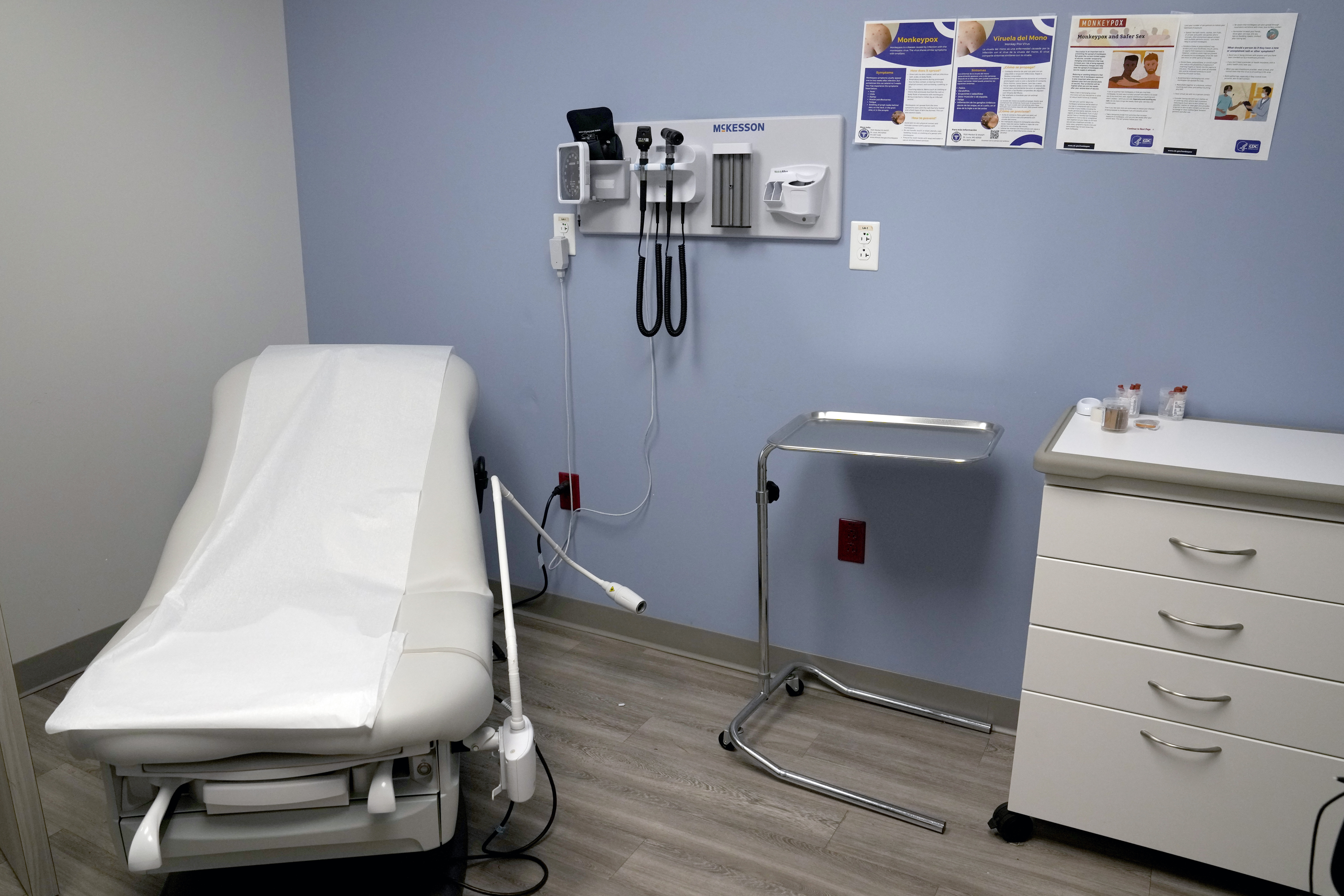Voters are in an anti-tax mood -- even in San Jose, in the center of Silicon Valley, an area that is enjoying a burst in employment.
That doesn't bode well for the long-term well-being of any part of the Golden State.
Like many California cities in recent years, San Jose has had its share of budget setbacks.
The city has had to deal with eleven straight years of budget shortfalls, and experts already see a twelfth deficit next July 1 to the tune of $78 million.
Fewer dollars from the state to urban governments have only exacerbated the revenue problem.
San Jose has been forced to make drastic cuts particularly in all service areas, including public safety. Hundreds of police and fire fighters have been laid off. At the same time, the city faces the highest number of homicides in years.
Against this backdrop, the city commissioned a poll recently to learn voter attitudes on a possible tax increase in a November 2011 election.
U.S. & World
The results were anything but promising.
Of the several possible alternatives, a general sales tax uptick scored highest, with 57 percent of the voters supporting collection of an additional quarter percent for nine years in an election requiring majority approval.
But support was tepid at best. Only about half of that number firmly backed the tax, making voter approval highly unlikely.
What makes this so interesting is that San Jose is one of the more robust cities in the state. Yes, unemployment remains high at 9.9 percent, but it's down almost a full point from January.
Moreover, the city's economic health is good compared to the rest of the state, where unemployment sits at 11.8 percent.
Even with an improving economy, however, San Jose voters are skeptical with a capital S.
The survey shows that by better than a two-to-one margin, residents would rather reduce city employees' compensation than raise taxes, even though serious concessions have already been made and compensation is only a small portion of the deficit.
It also shows that only four out of ten voters would raise taxes to avoid further deterioration of services.
All this sheds a good deal of light on the trade-offs voters are willing to make. At least for now, they are willing to risk less protection in basic public safety than pay more taxes to insure basic services.
If voters feel that way in a relatively healthy part of the state, we can expect that and more everywhere else.



